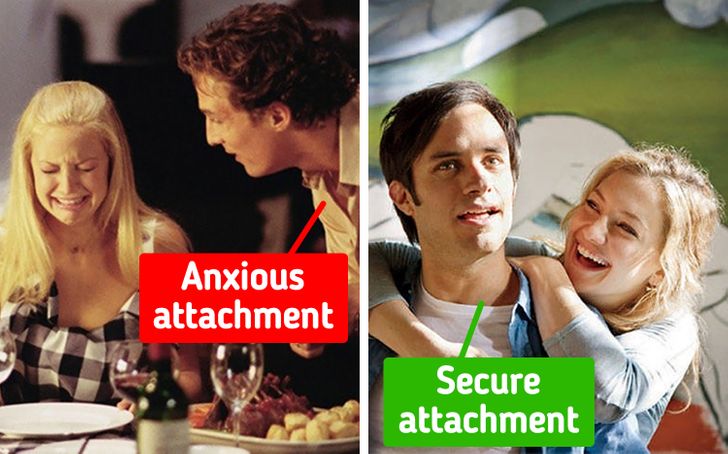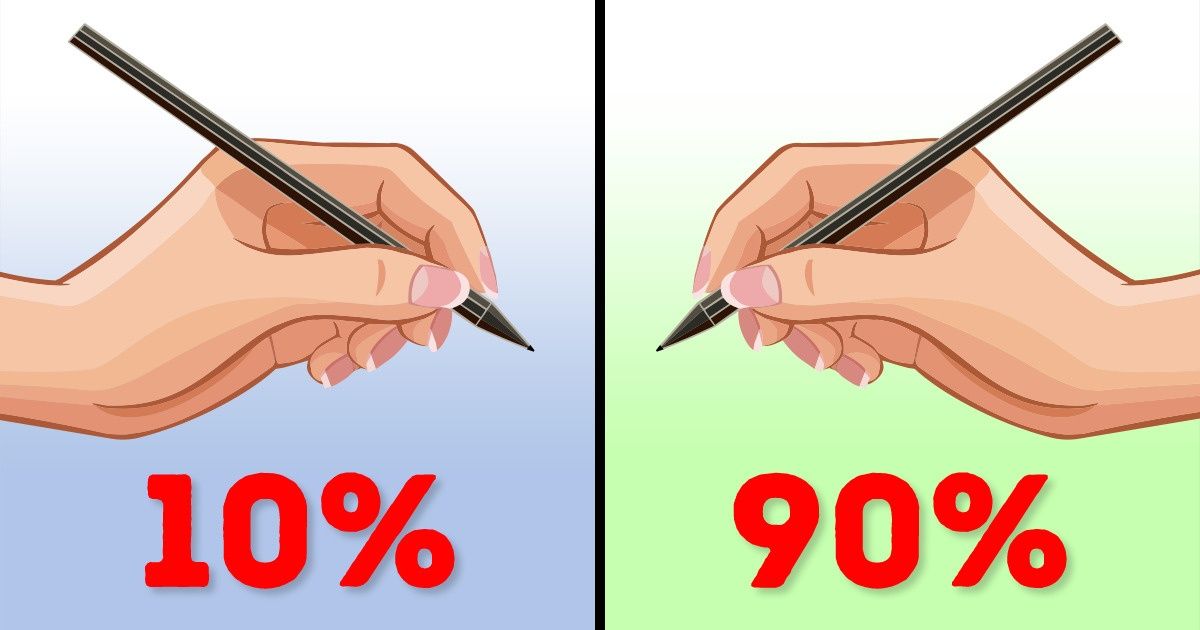The experiences and emotional ties we have during our childhood shape the way we relate to others. This is known as attachment. There are different types, which identify specific behaviors and even influence the connection we have in relationships.
Some of the behaviors of different attachment styles can lead to toxic relationships. But learning from them can help us understand ourselves and build healthy bonds with others.
We’ve done a bit of research on experts’ recommendations for improving these types of attachment styles and promoting healthier relationships.
The Different Types of Attachment Styles
Secure Attachment

What distinguishes people with secure attachments are relationships based on trust and communication. They are not afraid to be authentic and show vulnerability to their partner. Proximity to others does not bother them and they often openly express their feelings.
The warmth and love they express are natural. They are independent, but that does not prevent them from forming stable links. They are characterized by good self-esteem, which makes them understand and accept the small defects of their partner.
When faced with conflict, they prefer to face it and resolve it in the best possible way. This makes secure attachment the ideal style for building healthy relationships.
Anxious Attachment

In this type of attachment, the person is anxious about the relationship. They constantly wonder if their partner loves them or is still interested. They prefer to meet the other person’s needs rather than their own, which creates a feeling of unhappiness.
They have difficulty being autonomous, which is why they generate dependent attachments, to the point of invading the space of their partner.
These people feel insecure about themselves. They tend to be manipulative, jealous, or even jealous of their partners when they feel like they are distancing themselves.
They project negative scenarios in their relationship and find it more difficult to break up romantic relationships.
Avoidant Attachment

People with the avoidant type of attachment are those who do not seek stable relationships. When they feel that their partner demands more commitment or stressful situations arise, they decide to withdraw.
They do not show much emotion towards their partner and they do not like to share their feelings and thoughts.
In this type of attachment, independence is valued more than being close to someone, so you do not need anyone’s help. Its protection mechanism against vulnerability is high self-esteem.
Ironically, despite being something positive, it is deceptive self-esteem with a tendency to narcissism and a lack of empathy for the feelings of the partner.
Disorganized Attachment

The situations that occurred in the childhood of these individuals were associated with caregivers acting inconsistently. Therefore, in adult life, they have difficulty identifying their emotions and are confused about what others might feel. That’s because the parents were instilling fear and confidence in them.
These people often have a negative view of themselves and those around them. They have a tendency to self-sabotage, hoping that their love interest or partner will reject them, even if there are no signs to indicate it.
They can choose partners who are scary to them since this is what they know about their upbringing.
How To Turn Our Attachment Into A Secure One
Emotion Control

You should not be ashamed or feel guilty if you identify with any of these types of attachments. Remember that the attachment you developed is a protective means to survive a lifetime. That is why it is important to identify our emotions and learn to control them.
Meditation helps you focus on your attachments and recognize them when they interfere with your life. So whenever a fear pops into your head, know that it shouldn’t be there and try to let it go.
Establish Secure Attachment Relationships

It is common for a person with an anxious attachment to seeking a relationship with someone with an avoidant attachment. This seems like a fact: the anxious partner who is considered insufficient joins an avoidant who, at the slightest conflict, flees.
This results in the reaffirmation of beliefs for both types of attachment. The latter can be changed through informed therapy.
You are self-confident and well aware of your self-worth. You don’t expect a partner to make you feel worthy, but you rejoice when they come to you for help and support.
And you are not afraid to seek help from your partner and your close friends and family when necessary. You also know how to recover after encountering a serious disability.
How would you help someone change their type of attachment? What actions do you take to remember how valuable you are? Let us know in the comments section.
Preview photo credit You / A+E Studios and co-producers, Depositphotos.com


